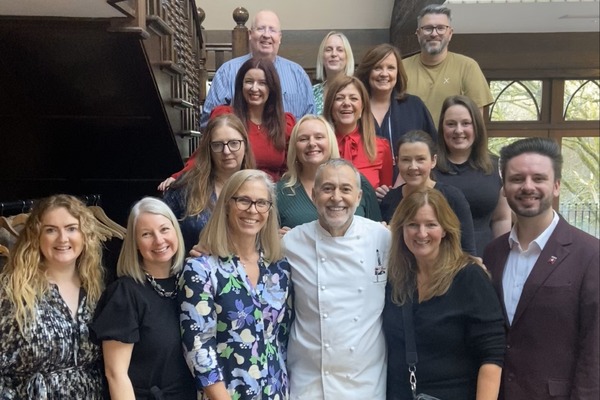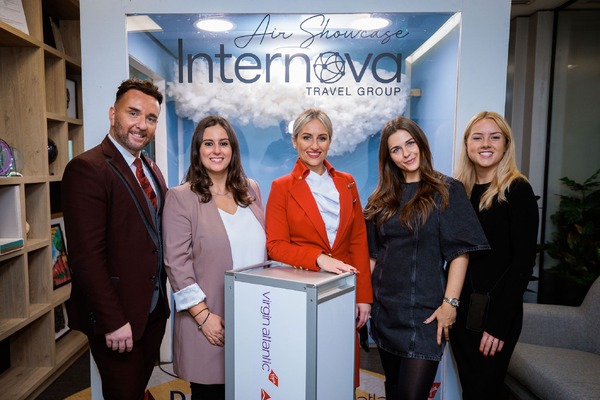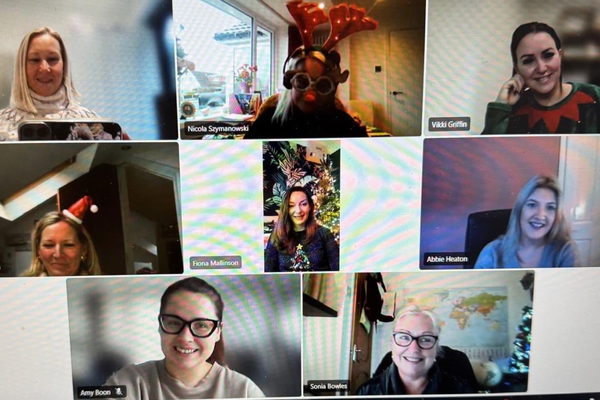Travel 'exposed and vulnerable' to talent gaps following Covid crisis
 James Chapple
James ChappleThe UK travel and tourism industry is "exposed and vulnerable" to talent gaps after losing somewhere in the region of 200,000 employees during the Covid crisis, ITT conference delegates have been warned.
Head of Advantage Holidays Lee Ainsworth set the scene during a panel discussion entitled The Talent Cycle, which explored travel’s struggle to sufficiently increase staffing in the wake of the pandemic, let alone retain or attract talent back to the industry.
Retention was a key focus for the panel, which also featured travel recruitment specialist Gail Kenny, Northern Training Academy programme quality manager Kristina Seed, and TProfile head of sales Bhav Taylor, who rejoined the industry earlier this year.
"It is incumbent on all of us to address the image of the sector," said Ainsworth. "What we want to do is look more holistically at the talent cycle and unleash untapped talent within our businesses."
Kenny said travel had lost a lot of talent to sectors such as fintech and healthcare, as well as businesses that have benefited from the pandemic such as "aspirational" fitness brands like Peloton.
Gail Kenny Executive Recruitment spearheaded the recent Best Workplaces in Travel initiative, which found only 7% of employees in travel said they were looking to move jobs. This, delegates heard, is set against a rate of 41% across all sectors. "In terms of retention, we are doing something right," said Kenny.
She suggested that now most have come through the worst of the pandemic, those who remained in travel had become more steadfast in their desire to work in the sector. "[They’re thinking] we’ve outrun the pandemic, so let’s stay in the industry we have kept up and running and reap the benefits."
Taylor, who moved into a customer experience role outside of travel, said businesses in property and removals "were snapping up travel staff right, left and centre". "Now it’s our turn to get it [talent] back."
Kenny said people’s priorities had changed, with more people pursuing a better work-life balance and more flexibility. "If companies are sticking to a rigid nine-to-five, five-days-a-week, people will leave."
The panel agreed that despite issues with travel’s outward public image, it remained an attractive sector in which to work. "This is an industry where there’s no hard and fast rules – if you have the talent and the ability, the world is your oyster," said Taylor.
Seed argued it was important people didn’t feel stuck in a particular role, and that they had a development pathway with an outcome they can aspire to. She urged delegates to be open with their staff about the potential opportunities there are for them.
‘Employee experience’
Kenny said for an industry obsessed with customer experience and user experience, it was disappointing "employee experience" didn’t receive the same attention.
Seed agreed, urging travel businesses not to feel that training resources have gone to waste if someone the company has invested time in to train up does then leave. "Train them to the best they can be, if you don’t put time and training in, they will leave anyway," she said, adding if they did then leave, they would leave as an ambassador for that company rather than a detractor.
The panel also discussed the options open to employers to widen their talent pools, highlighting the value of recruiting people with the right mindset rather than worrying from the outset about their sector-specific skills, or tapping into local talent where there are people working in similar roles – such as call centre posts – in less attractive sectors.
Citing Abta data, Ainsworth told delegates travel lost around 200,000 employees during the pandemic, and that this had left the sector "exposed and vulnerable".
Sign up for weekday travel news and analysis straight to your inbox

James Chapple
Supplier Directory
Find contacts for 260+ travel suppliers. Type name, company or destination.














